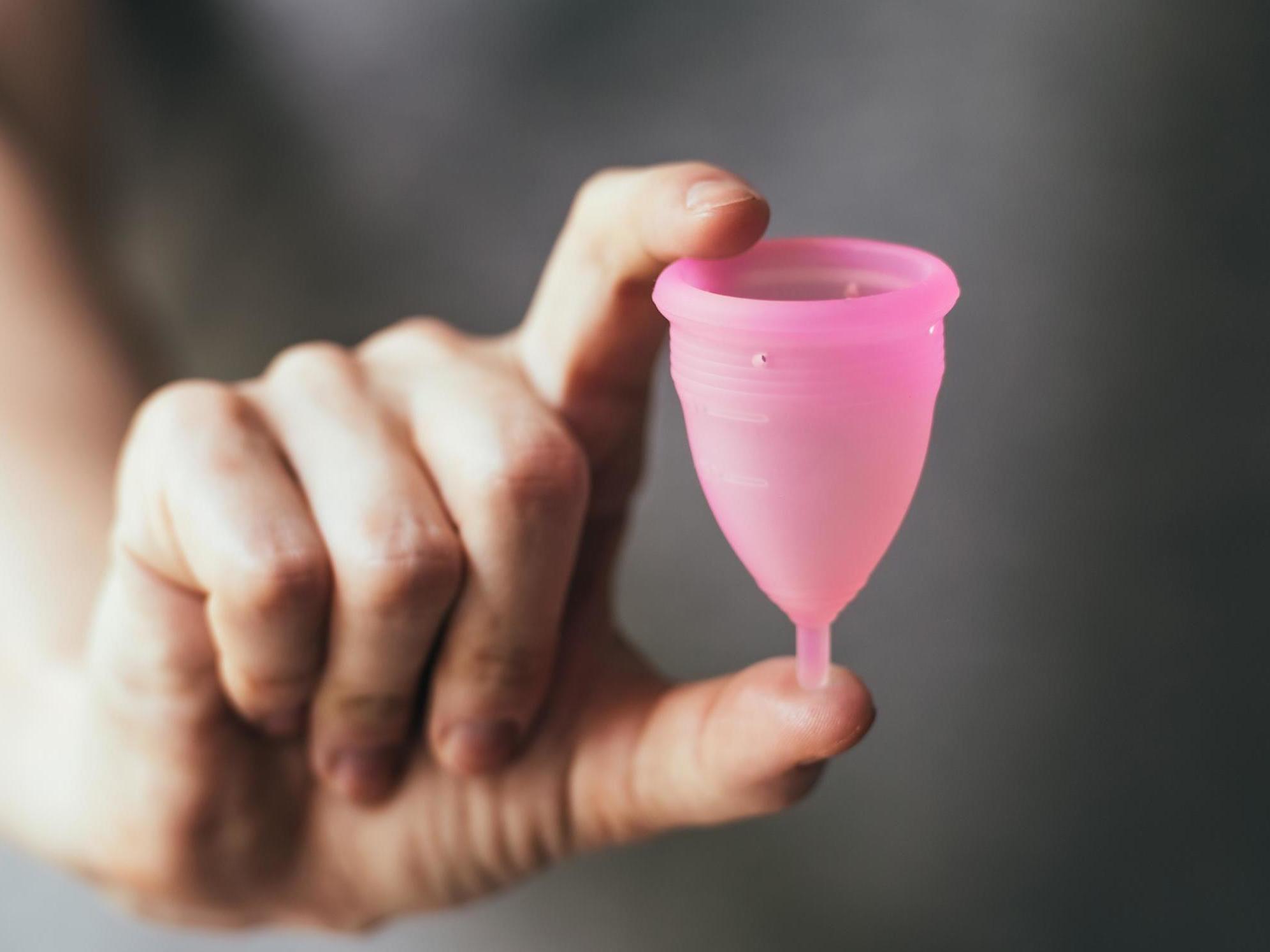Menstrual cups may pose greater risk of toxic shock syndrome than tampons, study claims

Your support helps us to tell the story
From reproductive rights to climate change to Big Tech, The Independent is on the ground when the story is developing. Whether it's investigating the financials of Elon Musk's pro-Trump PAC or producing our latest documentary, 'The A Word', which shines a light on the American women fighting for reproductive rights, we know how important it is to parse out the facts from the messaging.
At such a critical moment in US history, we need reporters on the ground. Your donation allows us to keep sending journalists to speak to both sides of the story.
The Independent is trusted by Americans across the entire political spectrum. And unlike many other quality news outlets, we choose not to lock Americans out of our reporting and analysis with paywalls. We believe quality journalism should be available to everyone, paid for by those who can afford it.
Your support makes all the difference.Toxic shock syndrome (TSS) has long-been associated with tampon use, but a new study claims that menstrual cups could pose an even greater risk.
Favoured for their economical and eco-friendly properties, menstrual cups have risen in popularity in recent years and are viewed by many as an ethical and more hygienic alternative to more traditional sanitary products, such as towels and tampons.
However, the study, published today in the journal of Applied and Environmental Microbiology, claims that a common infectious bacteria linked to TSS can remain on the cup, regardless of model or composition, even after being washed as advised.
Conducted in Lyon, France, researchers examined the material of 15 different tampons and menstrual cups to see which might increase bacterial growth or infections that lead to TSS.
The results showed that menstrual cups pose a risk to TSS because of the air that suddenly surrounds the vagina when the device is inserted, which the study’s authors claim might favour the growth of staphylococcus aureus, a common infectious bacteria associated with the rare condition.
This is due to the shape and volume of the cup which results in an increased aeration in the vagina that can promote bacteria growth.
The study also revealed that even after the menstrual cup was washed three times, a substantial amount of staphylococcus aureus remained eight hours later.
“Manual instructions of menstrual cup indicate that the cup could be removed, emptied, and rinsed with tap water before being re-inserted, but our results suggest that women may reinsert a contaminated cup when following this advice,” the study reads.
This could be because staphylococcus aureus forms a compact biofilm when it comes into contact with a menstrual cup and can subsequently become resistant to basic water washes.
So as to avoid contamination, the authors advised menstrual cup users to invest in a second cup to allow for sterilization in between uses by placing the used cup in boiling water.
Researchers also noticed a “slight increase” of staphylococcus aureus and toxin production in menstrual cups compared to tampons due to the increase of air predicated by menstrual cup insertion. Using a smaller cup could limit this risk, they advised.
"Tampon use continues to be associated with menstrual toxic shock syndrome, and a case of menstrual TSS has been described associated with a menstrual cup," said Dr. Gerard Lina, professor of microbiology at University Claude Bernard in Lyon.
However, it's worth noting that the sanitary products were tested in a lab rather than on real women and therefore further research could be required in order to fully establish the risks.
The study also found that despite claims, tampons composed purely of cotton are not necessarily safer than those made from mixed materials.
"Our results did not support the hypothesis suggesting that tampons composed exclusively of organic cotton could be intrinsically safer than those made of mixed cotton and rayon, or viscose or tampons composed entirely of viscose," added Lina.
Toxic shock syndrome is a rare but potentially life-threatening disease often associated with tampon use in young women, however, it can occur at any age and become fatal if not promptly treated, according to the NHS.
Symptoms can include a high fever, diarrhoea, the whites of the eyes turning red and breathing difficulties.
If TSS is caught early, it is fairly straightforward to treat and most sufferers are likely to make a full recovery.
If you think you might be at risk of TSS, you are advised to seek medical advice as soon as possible.
Join our commenting forum
Join thought-provoking conversations, follow other Independent readers and see their replies
Comments